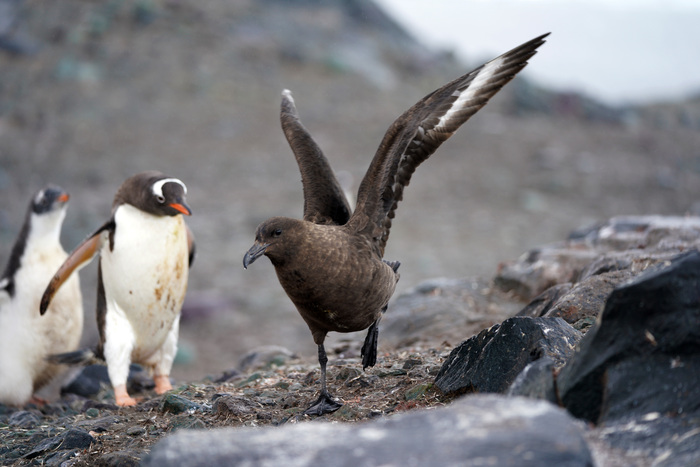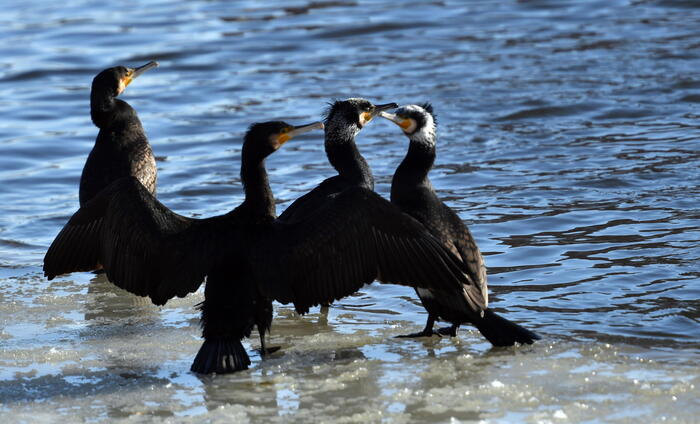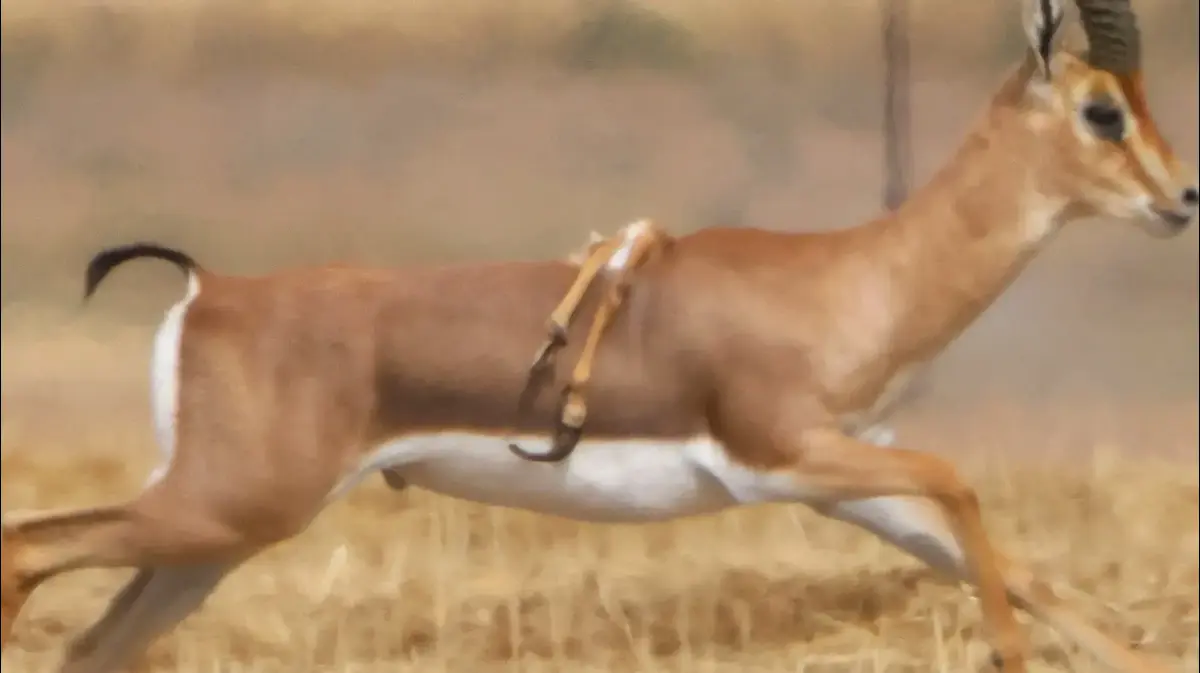Enlarge image
Anika Albrecht from the Ocean Voyages Institute collects plastic waste in the Pacific
Photo: Jackson McMulren / Ocean Voyages Institute / Gyre Expedition
Around ten million tons of plastic end up in the world's oceans every year.
Part of it ends at the bottom of the oceans, another is washed up on beaches - but large quantities also drift as giant vortices on the surface of the water.
These plastic eddies in the oceans form when plastic debris ends up in marine areas where rotating currents trap the floating debris.
The most extensive such vortex is the Great Pacific Garbage Vortex between Hawaii and California: three years ago an international team of researchers reported that 80,000 tons of plastic were floating in an area of 1.6 million square kilometers - this area is more than four times the size of Germany.
"The problems with plastic aren't just swallowing and tangling."
Linsey Haram, environmental researcher
A garbage stain is more like a plastic soup than a carpet: Much of the pollution consists of microplastics that cannot be seen with the naked eye. Nonetheless, floating debris such as plastic nets, buoys and bottles are also washed up in the eddy. They can become a deadly trap for marine animals to swallow or get caught in the garbage.
"The problems with plastic aren't just swallowing and tangling," says Linsey Haram of the Smithsonian Environmental Research Center (SERC) in Edgewater, Maryland. The researcher is part of a team that made another problematic discovery at the Great Pacific Garbage Vortex: Far out at sea, plastic offers a new home to species that otherwise only live on the coast - and that could become a problem if they did Travel to new areas on the plastic pieces like on rafts and become an invasive species there.
For crabs, mussels and barnacles, the researchers have shown that species from the coastal regions have found a new home in the garbage vortex on the open sea.
In the journal "Nature Communications" they warn that such neopelagic - that is, new communities living in the open sea - could endanger the ecological balance of the oceans.
After the Japanese tsunami of 2011, researchers discovered that almost 300 coastal species drifted across the Pacific on rubble for several years.
So far, however, there have rarely been confirmed sightings of coastal species on plastic directly in the open sea.
Researchers speak of a paradigm shift
Haram now teamed up with the Ocean Voyages Institute, a non-profit organization that collects plastic waste. Their team fished 103 tons of plastic and other waste from the Great Pacific Garbage Vortex, which was then analyzed. It showed that coastal species such as anemones and amphipods not only survive on marine plastic - they even thrive there. For the researchers, this represents a paradigm shift. So far, it has been assumed that the open ocean is not habitable for coastal organisms, according to co-author Greg Riuz, who also works at the SERC.
On the one hand, the study shows that plastic waste offers a habitat.
On the other hand, that the coastal organisms find food there.
How exactly, however, is still unclear.
Scientists also still have to clarify what the new communities mean for balance at sea.
Because in the open ocean there are many native species that also settle on flotsam.
The arrival of new coastal residents could change ecosystems that have remained undisturbed for millennia.
In addition, the plastic waste could increase the threat from invasive species.
It is conceivable that huge colonies of coastal species drift in the open ocean for years before they invade new coastal areas - and become a problem there.
chs / dpa







